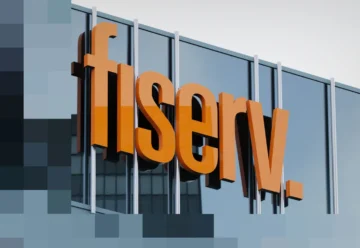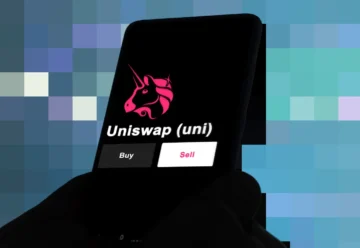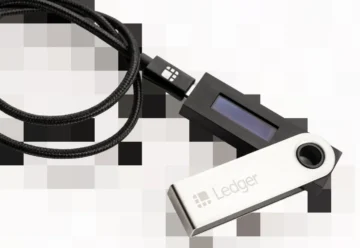Estonia Changes Regulations for Crypto Companies Under MiCA

The Estonian government approved a bill to tighten the regulation of cryptocurrency companies in the region. According to the new document, crypto service providers must obtain the Financial Supervision Authority (FSA) license.
The Estonian government approved a new bill establishing legal requirements for cryptocurrency service providers. The initiative’s main purpose is to strengthen market oversight and harmonize local regulations with the European MiCA bill, local media reports.
According to the new rules, which will come into force immediately after approval at the parliamentary vote, crypto companies will require a license from the Financial Supervision Authority (FSA) to work in the region. The FSA will become the primary regulator of the local crypto market.
Previously, crypto service providers had to register with the Financial Intelligence Unit (FIU) and comply with anti-money laundering (AML) regulations to operate in the region. The FSA license will be available from 2025, and existing crypto companies must apply for it by the end of this year.
The new legislation increases penalties for companies that violate the region’s regulatory rules. In particular, the fine for violating AML regulations will be raised from €40,000 to €5 million. According to Mart Võrklaev, Estonian Minister of Finance, the new bill will bring the country in line with the EU regulatory standards for crypto-assets outlined in MiCA.
In addition to tightening regulations for crypto businesses in the region, the new bill will also change the requirements for companies seeking to raise capital in the form of shares or bonds. Earlier, the issue threshold for such companies was €5 million. After the new bill enters into force, it’ll be increased to €8 million.
The MiCA bill was approved by the European Parliament in 2023. It’ll officially enter into force throughout the EU by the end of this year. Estonia is considered one of the most crypto-friendly regions in Europe, as the country built an effective digital economy and society over the past 30 years. CoinsPaid operates under a local license.











